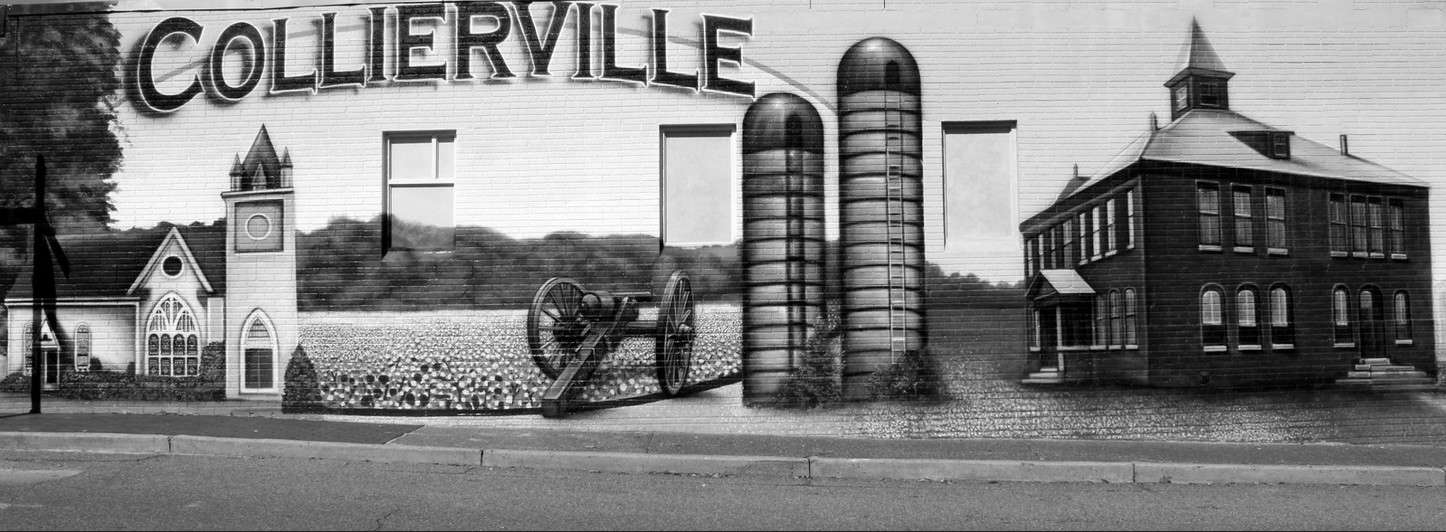Categorized | News
Judge Mays rules against municipal schools for 2013
Posted on November 28, 2012.
A 65-page ruling by U.S. District Judge Samuel “Hardy” Mays has enjoined municipal school districts from forming.
The historic ruling, released Tuesday evening, specifically called into question the constitutionality of a 2012 state law, Public Chapter 905, that allowed the formation of a new municipal school districts and school boards.
Mays agreed on the core argument made by the legal firm representing the Shelby County Commission and Memphis City Council and rejected many of the arguments presented by the state of Tennessee and municipalities.
Mays’ ruling effectively makes null and void the November school board elections and the August half-cent sales tax referendum. Sales tax increases were overwhelmingly supported by all six suburban interests including Bartlett, Millington, Arlington, Lakeland, Collierville and Germantown.
Bartlett’s Board of Aldermen most recently passed an additional $250,000 earlier Tuesday evening to defray the city’s portion of current and expected legal fees.
Mays did not rule on another 2012 law – Chapter 970 – as well as a provision in a 2011 schools merger law. Both define specific criteria on whether new municipal school districts can be lifted under narrow circumstances.
Mays has asked both parties to submit legal arguments relating to those laws. He suspended proceedings for a Jan. 3 trial dealing with segregation and civil rights.
Not over yet
Judge Mays’ ruling does not eliminate the possibility of municipal schools. What it does do is make it virtually impossible for those schools to start in 2013.
The suburban school interests are now basically back where they started.
Last spring Tennessee Attorney General Bob Cooper opined that new school districts could not be formed until Memphis City Schools and Shelby County Schools were merged.
Mays ruling, however, made it clear municipal interests may find it difficult to sway his opinion. Mays noted that Chapter 905, allowing the creation of municipal schools, was narrow and was intended only to apply to Shelby County. That makes the law local and unconstitutional since it did not provide a provision for county-wide support.
“There is in the history a sense of a wink and a nod…” Mays wrote of the bills creation. “The history is clear, however, that the bill never would have passed had it not been intended to only apply to Shelby County.”
Mays also agreed with Memphis City and commission interests that the law could not rationally apply to other counties in the state.
While municipal school election shave been thrown out by this ruling, the 23-member unified Shelby County Board of Education can move forward. That delegation has been working without knowing how many students, schools or teachers would be in place for the 2013-14 school year.
There is also a possibility of mediation. Representatives from the City, Shelby County and municipal interests met a week ago and reached no common ground.
